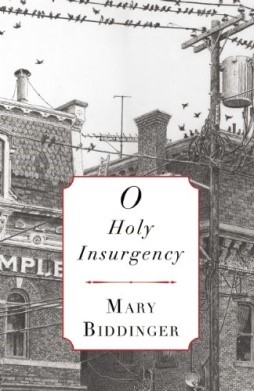October is Violence against Women Awareness month. This October we bring together four poets whose writing appears in the anthology Women Writing Resistance: Poets Resist Gender Violence (Hyacinth Girl Press, 2013), along with the book’s editor, to discuss navigating truth and fact, the historical record, and the influence of the outside world on poetry. Women Write Resistance views poetry as a transformative art. By deploying techniques to challenge narratives about violence against women and making alternatives to that violence visible, poetry of resistance distinguishes itself by a persuasive rhetoric that asks readers to act. Leslie Adrienne Miller, Jennifer Perrine, Sara Henning, Sarah A. Chavez, and Laura Madeline Wiseman explore poetry of resistance in this roundtable discussion. These poets were featured at this year’s Omaha Lit Fest.
How do you navigate fact when writing about the present and the past in your poetry and prose?
Leslie Adrienne Miller: Very few things qualify as fact for me. Those that do are generally concrete things. Once you add language, however, nothing qualifies as a stable fact because every word choice brings different tonal shadings. That said, I work on the magpie model; I look for the shiny bits and make a new nest of them. I’m attracted to things that appear to be fact, things that somebody (sometimes myself) once believed were facts, and the tension between those facts and the instability time has subjected them to.
Sara Henning: It would be silly not to argue that facts are artifacts of hegemony and historiography, though some things seem fairly unalterable—for instance, the riots at Kent State, or the shooting of Michael Brown. In my writing, logos is both a foundational principle and a site of exploration. I tend to allow things to bevel amongst a series of perceived moments that try to sustain their own truths. Continue reading
![[PANK]](https://pankmagazine.com/wp-content/themes/pank/assets/images/pank-logo-large.png)

